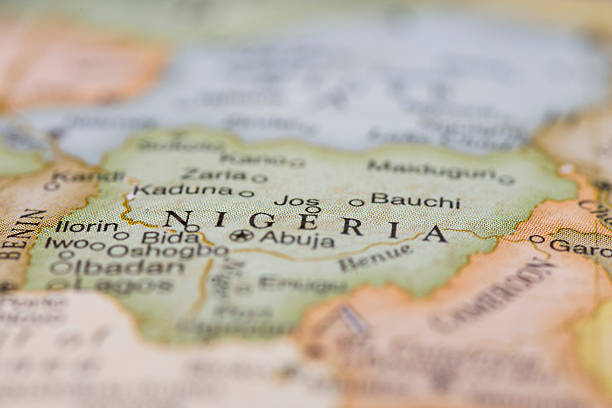Understanding the Nigerian Government: A Comprehensive Overview
Nigeria, often referred to as the "Giant of Africa," boasts a diverse cultural heritage and a population of over 200 million people. As Africa's most populous country, it is crucial to comprehend the inner workings of its government system. In this article, we will delve into the type of government run in Nigeria and provide a comprehensive explanation of how the Nigerian government operates.
Type of Government in Nigeria
Nigeria operates under a federal democratic system of government. It is a federation composed of 36 states and one Federal Capital Territory (FCT), Abuja. The Nigerian government is based on a constitution that was adopted in 1999, outlining the country's political structure, institutions, and the rights and responsibilities of its citizens.
Three Arms of Government
Similar to many democratic nations, Nigeria operates with three separate but interdependent arms of government:
1. The Executive Arm: The executive branch is headed by the President, who is both the head of state and the head of government. The President is elected by the citizens through a nationwide voting process. The executive arm includes the Vice President, ministers, and other officials appointed by the President. The primary responsibility of the executive branch is to implement and execute policies and programs for the overall development of the nation.
2. The Legislative Arm: The legislature consists of the National Assembly, which is further divided into two chambers—the Senate and the House of Representatives. The National Assembly is responsible for making laws, representing the interests of the people, and ensuring checks and balances within the government. Members of the National Assembly, known as legislators, are elected by the citizens in their respective constituencies.
3. The Judicial Arm: The judiciary, led by the Chief Justice of Nigeria, is responsible for interpreting the laws and ensuring their application. The judiciary is independent of the executive and legislative branches. Its primary function is to administer justice, resolve disputes, and protect the rights and liberties of citizens. The Nigerian legal system is influenced by British common law, customary law, and Islamic law.
Cooperation and Checks and Balances
In Nigeria, the three arms of government operate independently to prevent abuse of power and maintain a system of checks and balances. The President, as the head of the executive branch, has the authority to enforce laws, propose policies, and oversee governance. However, the National Assembly, as the legislative arm, has the power to scrutinize the actions of the executive branch, propose and pass laws, and exercise oversight functions through committees and legislative debates.
The judiciary, being an independent arm, ensures that the laws passed by the legislature and actions taken by the executive are consistent with the constitution. It resolves legal disputes and protects the fundamental rights and freedoms of individuals and entities.
Role of State and Local Governments
In addition to the federal government, Nigeria's government structure includes state governments and local government authorities. Each of the 36 states has its own executive, legislative, and judicial branches, mirroring the federal government's structure. The state governors and legislators are elected by the people residing in their respective states. Local government authorities, on the other hand, are responsible for grassroots governance at the community level.
Understanding the Nigerian government system is crucial for both citizens and anyone interested in the country's political landscape. Nigeria operates under a federal democratic system, with three separate but interconnected arms of government: the executive, legislative, and judicial branches. Cooperation, checks and balances, and the involvement of state and local governments contribute to the functioning of Nigeria's government structure.
By comprehending the dynamics of the Nigerian government, citizens can actively participate in the democratic process, hold elected officials accountable, and contribute to the nation's progress.



